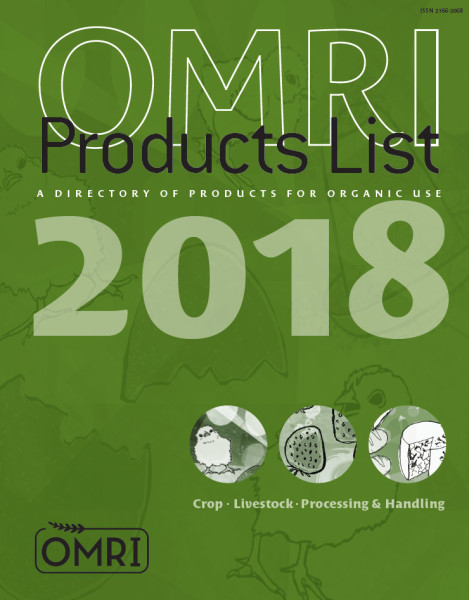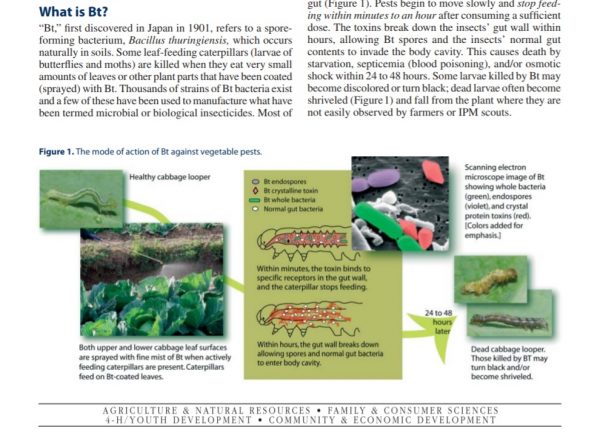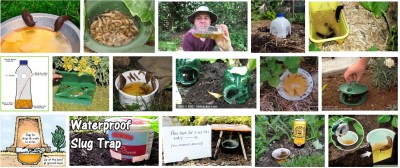We use Organic Methods and we are Non-Certified
To our friends at the market and grocery stores who want to know more about HOW we grow our great produce;
We use Organic methods and we are non-certified, and we don’t use anything that is not on the OMRI list.
Greg Newman, one of the lead growers at Farmship today, shares his understanding of what is used for organic alternatives to pesticides and fertilizers on your produce. Recognize that he was captured in the middle of picking beans, and our conversation was captured at that moment, without planning ahead, it was edited and shared here by A Little Bird (Jamie Black). Have a listen to what Greg has to say. (FYI, the only way to catch a farmer is to interview them while they are harvesting for market 🙂
Read below to learn more.
First and foremost, organic is a lot of what you don’t do, rather than what you do. So we don’t use synthetic fertilizers. We use naturally derived sourced material and then more technically it’s on the OMRI List; Organic Materials Review Institute.

BT for Brassicas
We use BT for brassicas. It is a bacteria that goes after caterpillars. We use it on cabbage, broccoli and cauliflower. It is a bacteria that affects those caterpillars. For example, this year we sprayed it once pretty early, over a month before we were harvesting anything so, when the caterpillars are out there laying their eggs, what we are going after is the larva as soon as it hatches. The spray goes directly on the plant. Little is known about personal allergies to this product, but so far, given that we are following the OMRI regulations, it seems to be working. Click here to read more about what the University of Kentucky – College of Agriculture has to say:

Diatomaceous Earth (DE)
“Probably the most effective naturally occurring protective powder” (Stuart B. Hill from McGill University). “This is a geological deposit made up of the fossilized skeletons and tests of siliceous marine and freshwater organisms, particularly diatoms and other algae. These skeletons are made of hydrated amorphous silica or opal. When crushed, they break up into tiny pieces of glass” (so tiny that the material feels like talcum powder) This is easily picked up by the hairy bodies of most Insects. whereupon it scratches through their protective wax layers, and they also absorb some of this material. the result being that the insects lose water rapidly. dry up and die Further protection is provided by the powder’s property of repelling many insects. A similar principle probably accounts for the fact that birds frequently take dust baths, presumably to rid themselves of parasites.
It affects anything soft body, they don’t like it because it slices their body up. I don’t even think it really kills them because when they go up to it, it stings and they generally just end up turning around instead.
Diluted Dish Soap Kills Aphids – Insectosidal soap (OMRI Approved)
Obviously, diluted dish soap washes off easily, we don’t do a wholesale spray, we simply spray it on the place that we see aphids. Our main approach is to brush them off using the over-head water sprayer. It’s quite effective, knocking the aphids onto the ground, where they cannot climb back up, and they die.
Molson XL Non-Alcoholic Beer – we don’t want to get our good bacteria drunk ya know!
It’s a good way to discourage guests from entering into the garden. If you want to know more just google “Beer Traps” or click the pic:

Foliar Spray
Spraying nutrients directly on the leaves – kind of like giving a person an aspirin for a headache. This helps the leave microbiome. Although there isn’t a lot of research on this, we are trying to support the produce and have done so for a while now. There is definitely nutrient absorption using this fish fertilizer that offers mixed nutrients and a bit of a nitrogen push. It also supports the Boron in the soil, that we know we have a deficiency in this soil.
If you have any comments, questions or concerns or would like to learn more, please contact us directly at:
Stay tuned for more as we will be covering some of our other organic practices in a future post.
